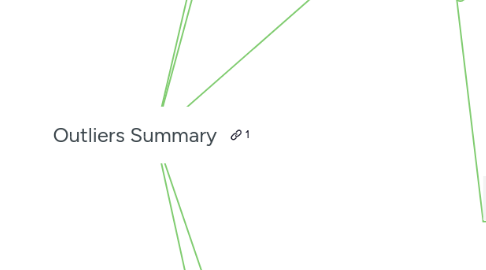
1. 1-Sentence-Summary:
1.1. Outliers explains why “the self-made man” is a myth and what truly lies behind the success of the best people in their field, which is often a series of lucky events, rare opportunities and other external factors, which are out of our control.
2. Favorite quote from the author:
2.1. "Who we are cannot be separated from where we're from." - Malcolm Gladwell
3. 3 great lessons:
3.1. After you cross a certain skill threshold, your abilities won’t help you.
3.1.1. Practice matters, and so do genetic predispositions in sports, but their influence is limited. As it turns out, once you cross a certain threshold with your skills and abilities, any extra won’t do you much good.
3.1.2. For example, since the 1980s, the average height of an NBA basketball player has been 6′ 7″. Even if you grow to be 7′ tall, those additional inches won’t give you a huge advantage over other players.
3.1.3. Another example:
3.2. The month you’re born in matters.
3.2.1. Relative age matters, especially when you’re young.
3.2.2. How old you are compared to your peers can give you a huge advantage or disadvantage, for example in sports.
3.2.3. Gladwell found out that most professional Canadian hockey players, who end up in the NHL, are born in the first half of the year. In fact, twice as many have birthdays in the first quarter as in the last.
3.2.3.1. That’s because the annual cutoff date for youth teams is January 1st, meaning kids born in December have to compete with their friends who are almost a year older than they are.
3.3. Asians are good at math, because where you come from matters.
3.3.1. Several factors actually are in favor of Asians becoming relatively good at it.
3.3.1.1. Asian languages are set up so that children learn to add numbers simultaneously with learning to count. Second, hundreds of years of building a traditional culture around farming rice has instilled a great sense of discipline into Asian culture.
3.3.1.2. Unlike farming wheat or corn, farming rice is hard. It needs a lot more precision, control, coordination and patience. Rice farmers could also reap the full rewards of their work, whereas European farmers were often robbed of a big part of their harvest by greedy landlords and nobility, leaving them far less motivated to do their best.
3.3.1.3. Just like rice farming, math is hard. You have to stick with problems and let the gears in your brain crunch until you work it out. Europeans often give up a lot faster on hard math questions than their Asian peers, because neither math nor discipline are a part of their cultural legacy.
